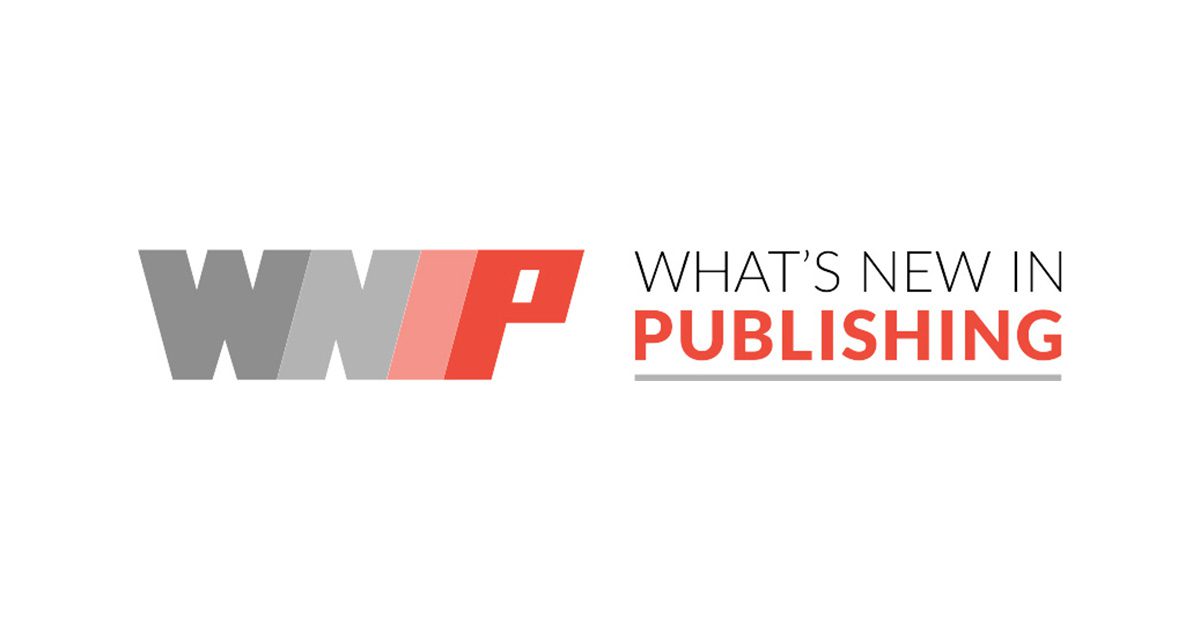
This article originally appeared in What’s New in Publishing on November 8, 2018.
While marketers love the data they extract from cookies, publishers may not always be aware of how these cookies are being used to track visitors on their sites. To be fair, it’s a complex process involving pre-approved vendor data and vetting third parties; capturing cookie data; enforcing cookie policies; and blocking cookies when needed – all of which requires considerable effort.
But it’s critical to realise that with so much heat around consumer privacy and GDPR, publishers whose websites are found to have distributed cookies that have been used by third parties for other than stated purposes will be fined.
Solution? A comprehensive cookie repository
The Association of Online Publishers and digital risk management firm The Media Trust have come up with the idea of creating a cookie repository that will be freely accessible to publishers through a single login. It will be a cookie database where publishers will be able to view detailed information about the cookies dispensed from their sites and the vendors who placed them.
Richard Reeves, Managing Director at AOP says, “By working in partnership with The Media Trust, our premium publisher members will be able to harness a platform to create transparency around the cookies placed on their sites. This is a significant step forward in policing and managing the risk around rogue cookie deployment.”
Individual classification: No more “cookie-cutter”
To create the database, The Media Trust will scan websites of participating publishers and catalog the cookies that are dropped in the browsers of visitors. This will then be matched with its existing database of domains and cookies functions. When the company comes across a cookie whose function is unknown, it will contact the vendor and ask them to fill a questionnaire with details about the cookie. If a vendor doesn’t respond, the affected publisher will need to decide whether to confront the vendor in question, or risk having an unclassified cookie distributed from its site.
The cookies identified from across all participating publishers’ websites will go into building a comprehensive database of cookie sources and functions. It will contain detailed information on cookies deployed on all members’ sites including their purpose and whether they are GDPR compliant, as well as identify unauthorized vendors. Publishers would also be able to monitor when pixels are scraping profiles for reselling without declaring the same.
GDPR requires this to be declared to the publisher. So publishers who are allowing such pixels can consider charging for them. The AOP is also developing an Advertising Protocol with terms and requirements for vendors, including penalties for non-compliance with publishers’ standards.
The Guardian and News UK intend to use the repository. The head of technology optimization for the Guardian, Dan Powell-Rees said, “This is a very useful [tool] and a great step forward. Lots of publishers are having to scrape their data to maintain this information themselves. It could enable publishers to identify cookie issues much more quickly.”
Data compliance made easier
The initiative will be beneficial to participating technology companies as well, with their cookies being captured, classified, categorized and shared with AOP’s publisher members.
Vendors would save on the time and effort they have to put in disclosing their cookies to publishers. Additionally, the risk of their cookies getting blocked will also be reduced.
According to The Media Trust’s CEO, Chris Olson, “AOP’s initiatives will boost transparency in digital advertising and benefit consumers, publishers and their ad technology providers. By helping them tackle their data compliance challenges, we fulfill our mission to make the internet a safer place for everyone.
And as data becomes increasingly vulnerable and regulated around the world, having the tools and resources to monitor data collection will help publishers and ad technology companies build better relationships with consumers and digital partners, respectively.”



